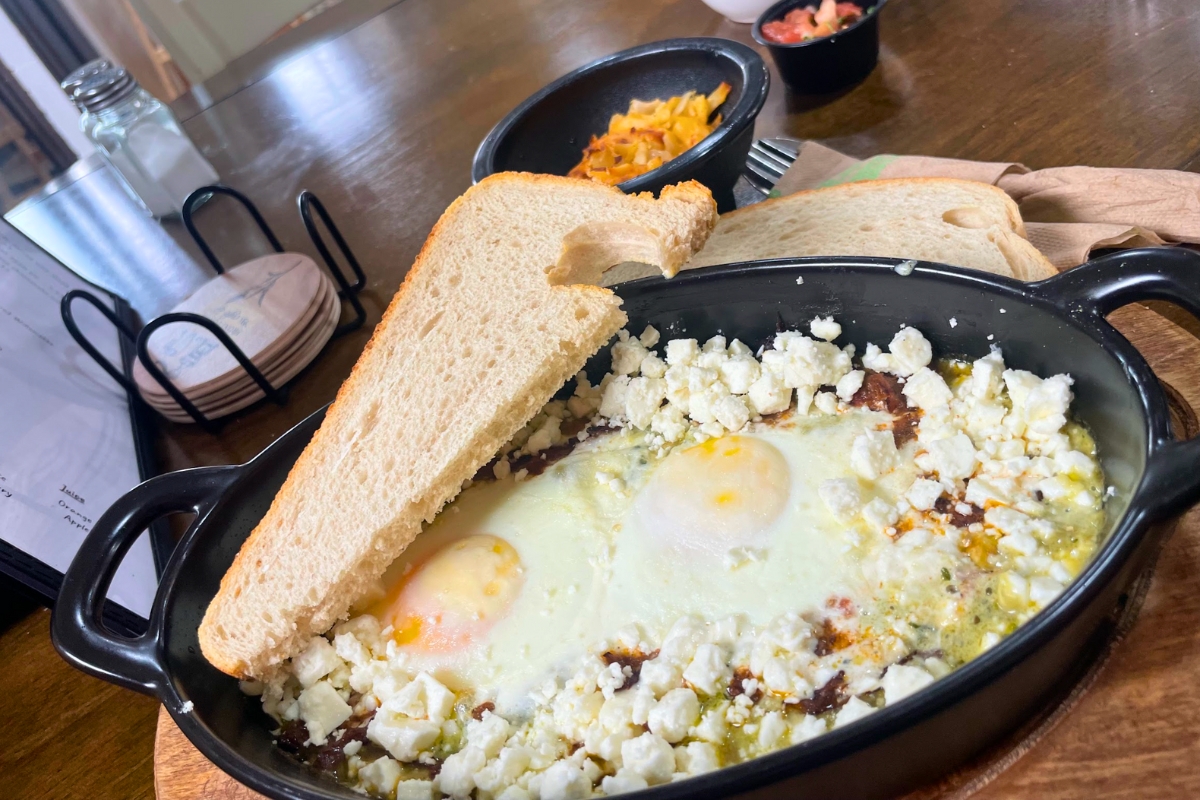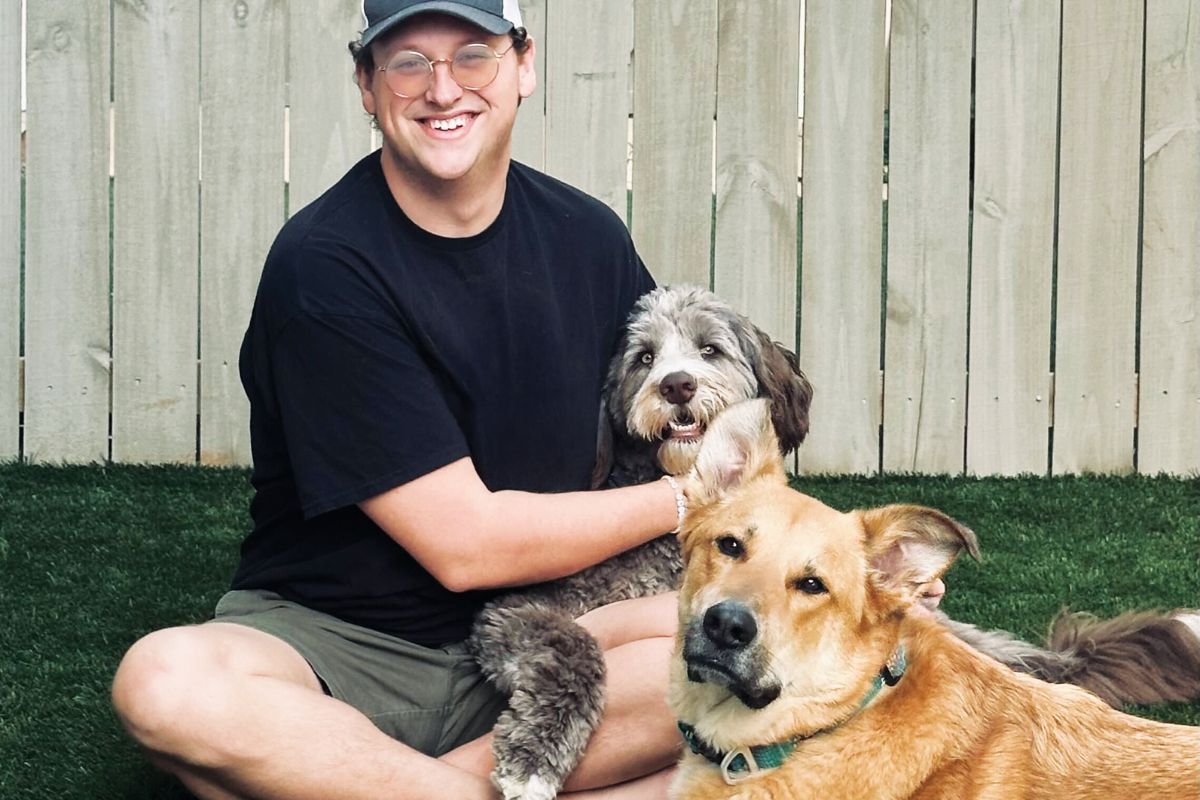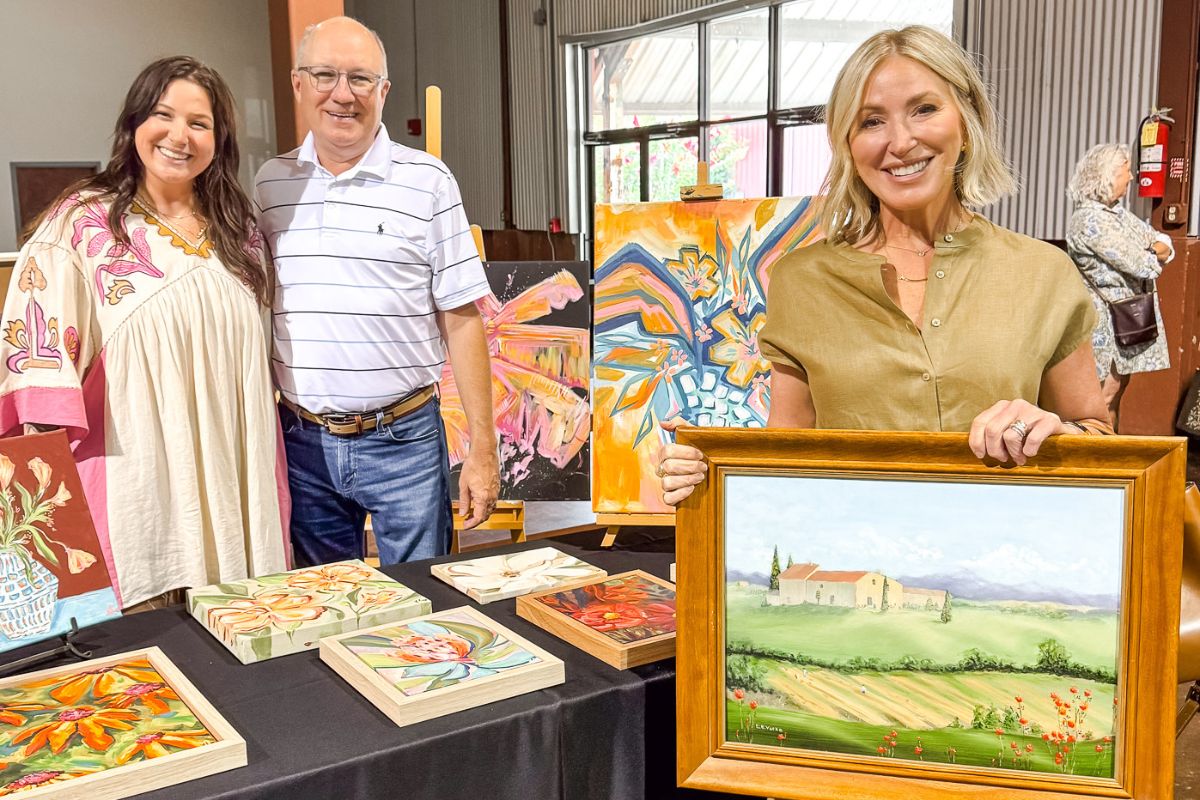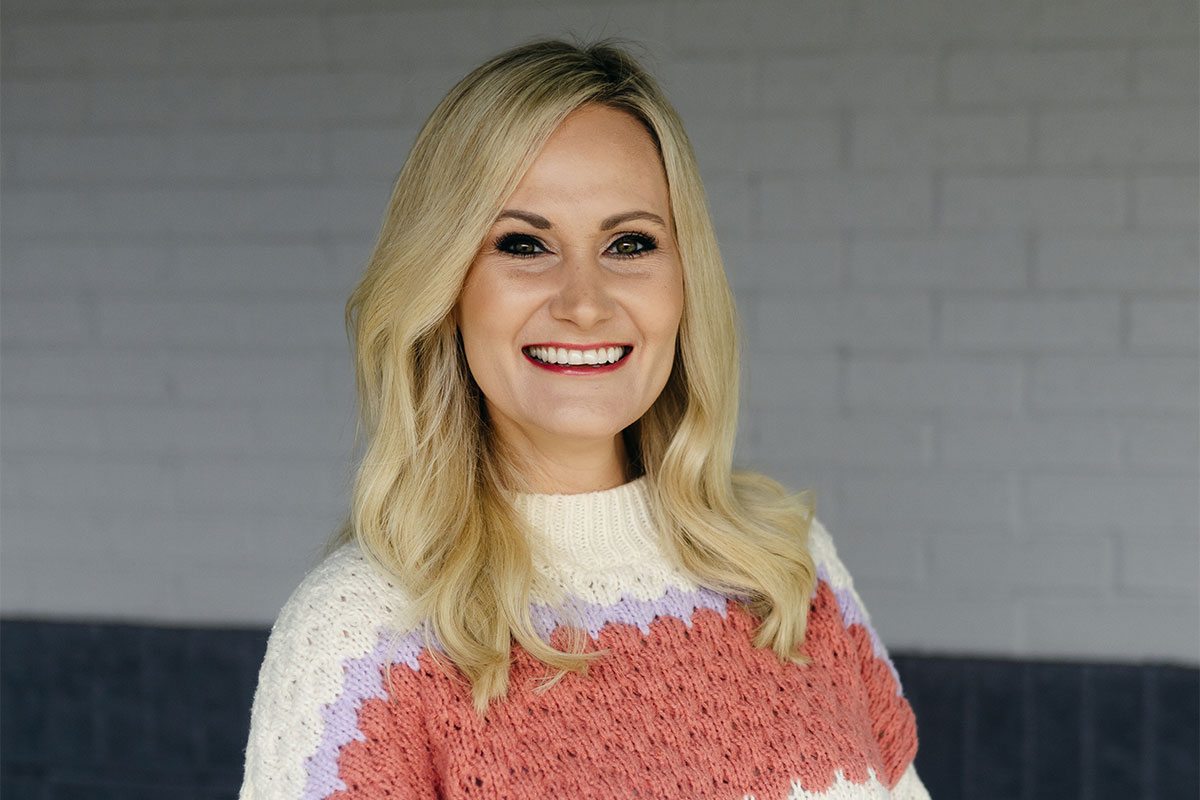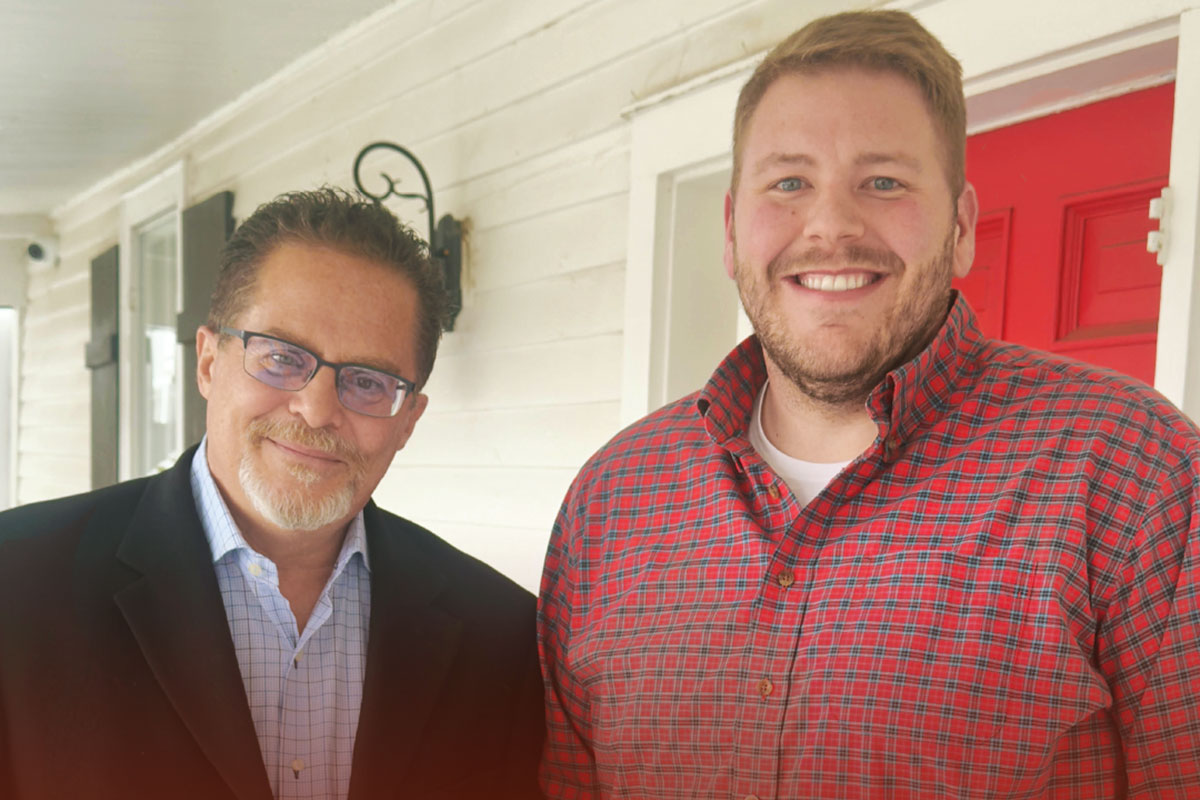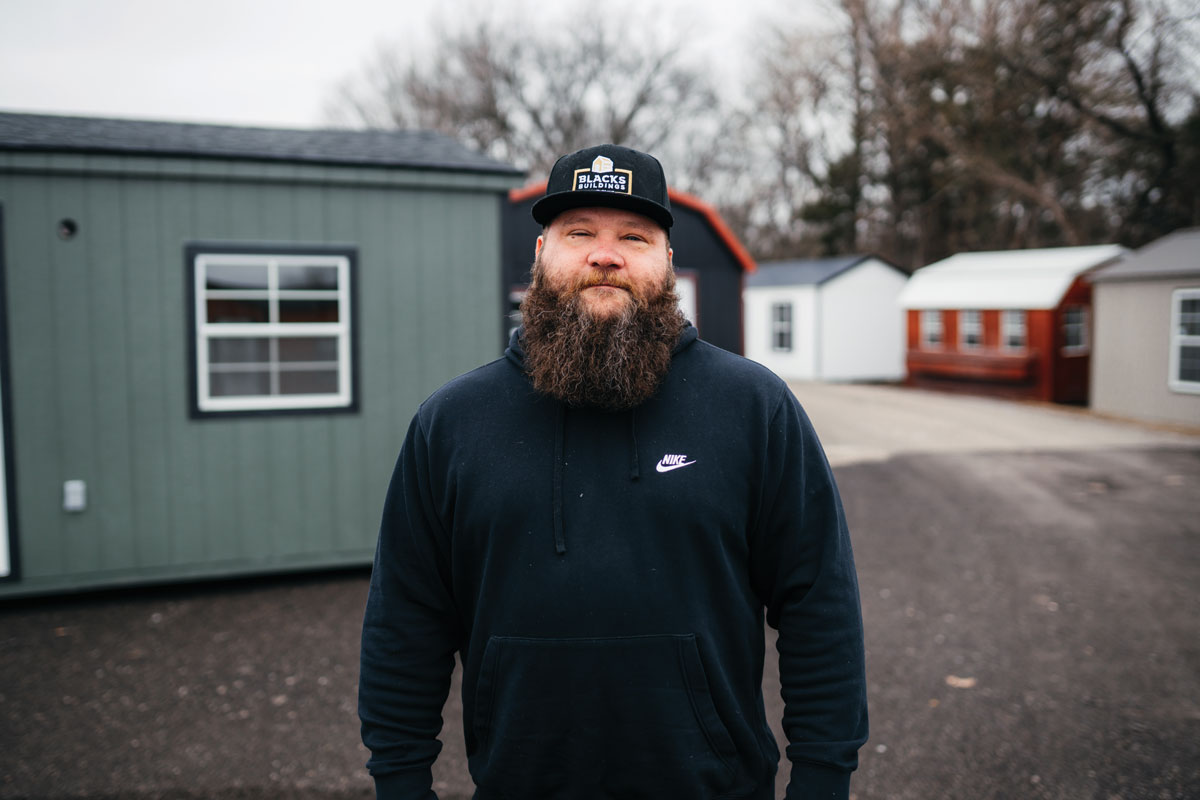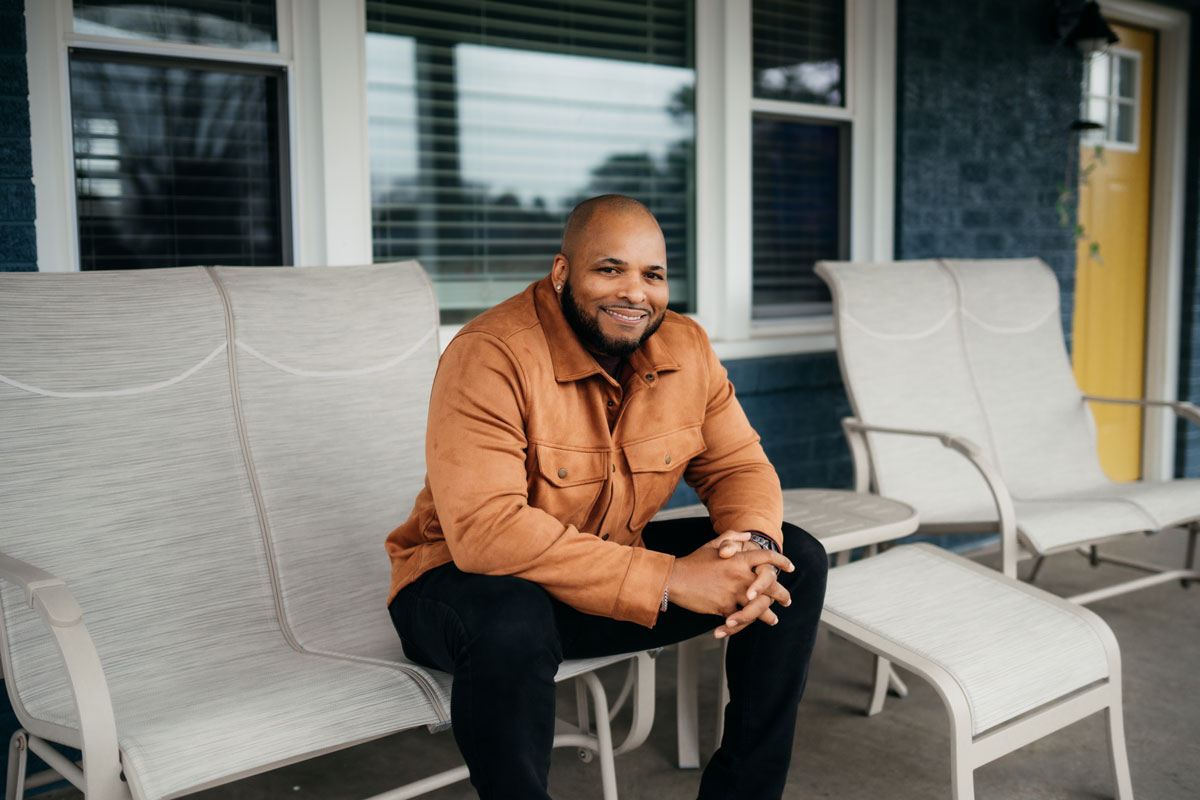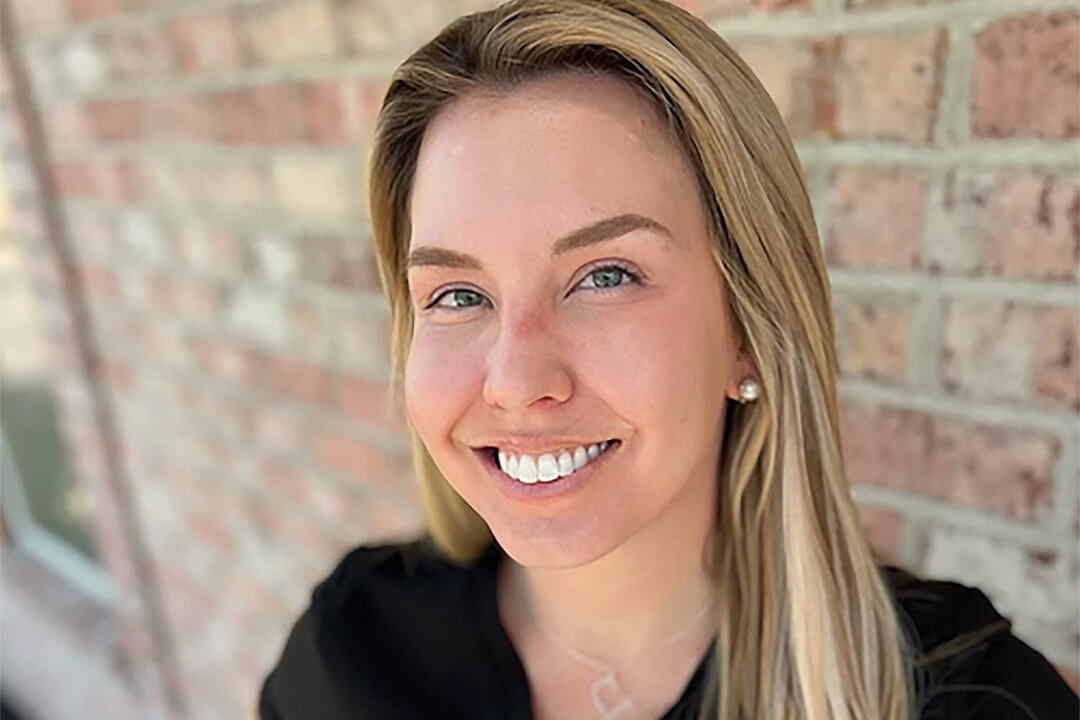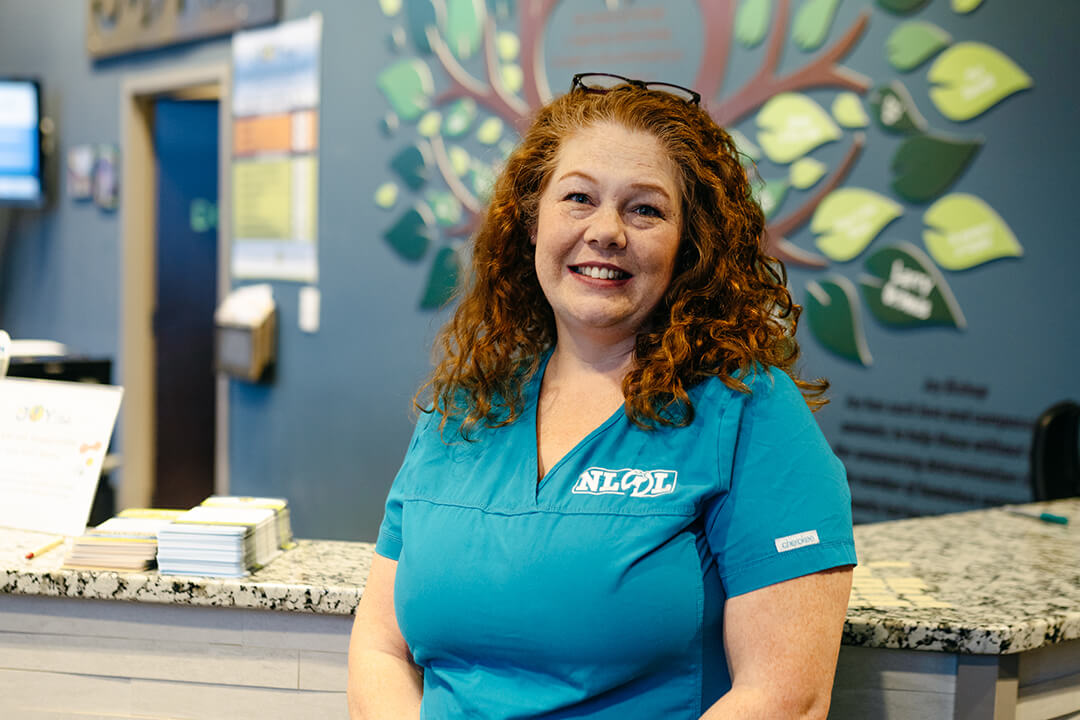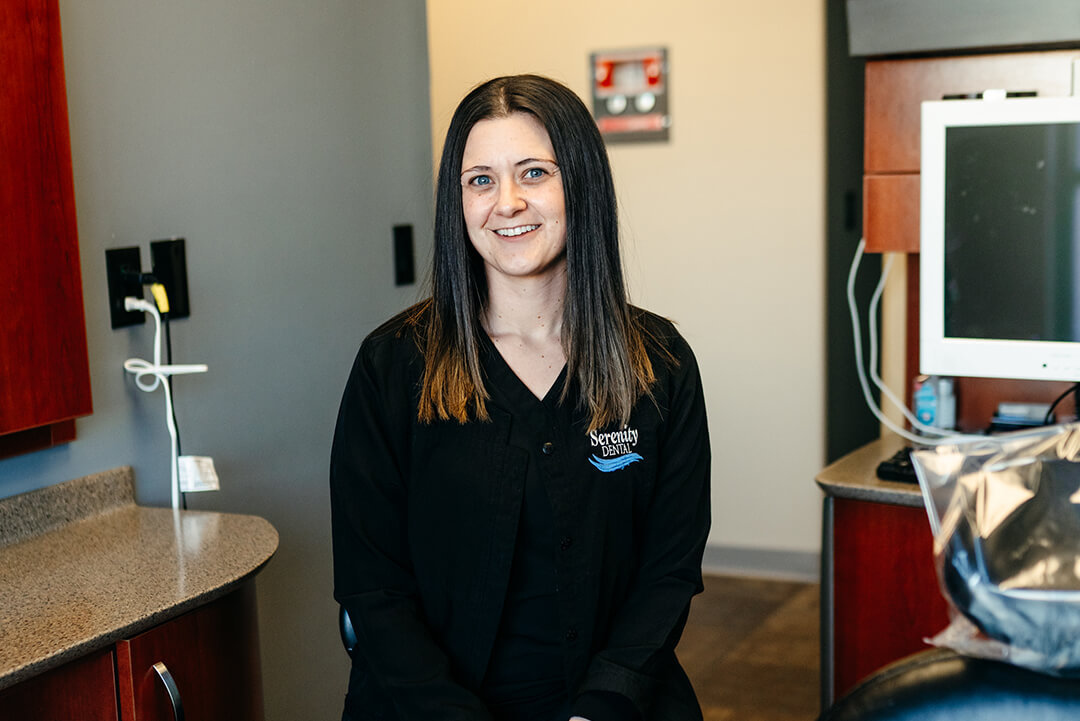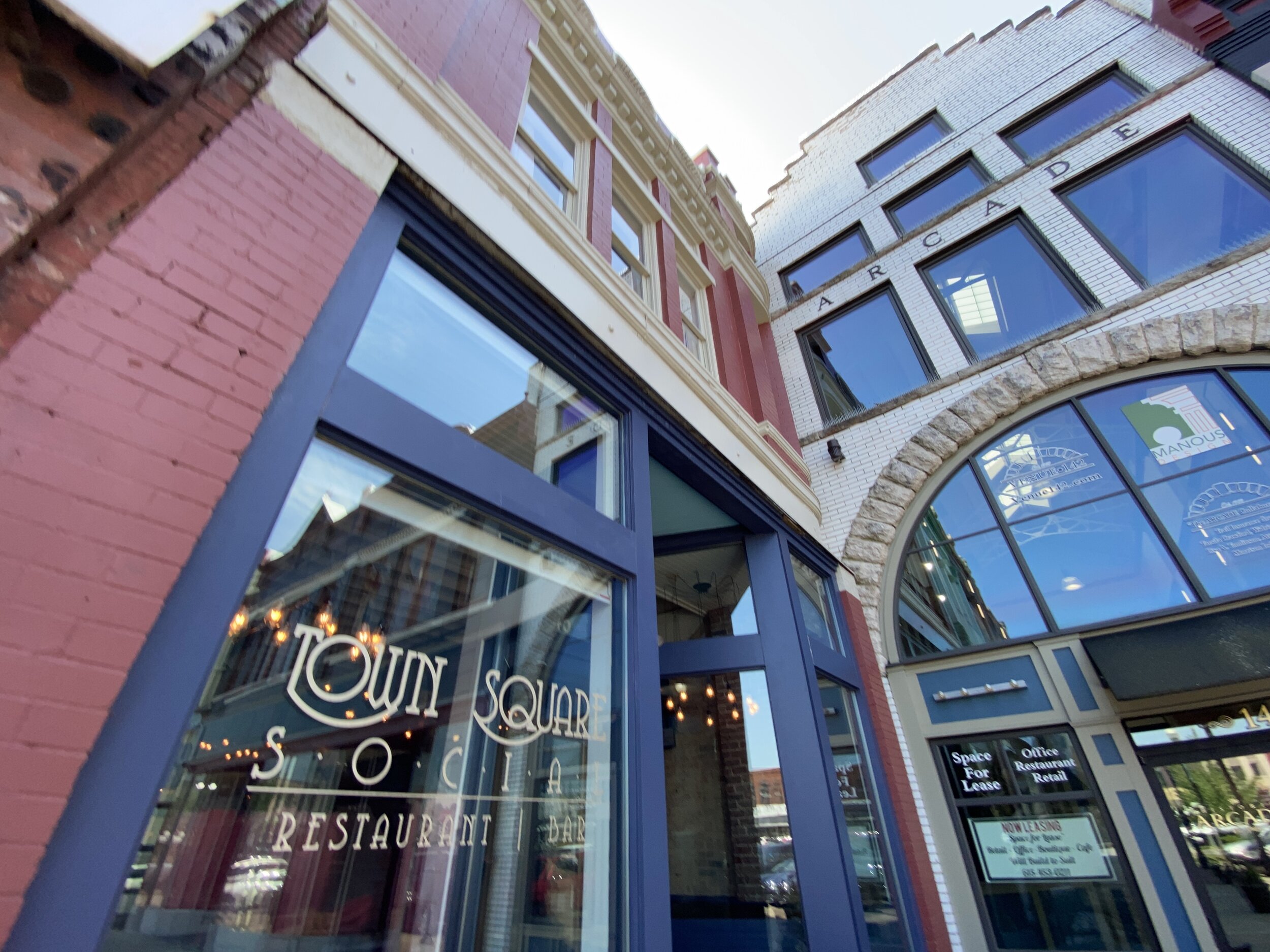ON A quiet morning in Tennessee, Brooke Stewart’s world shattered. Her husband, Shawn Stewart, a steel mill worker and devoted father of four, kissed his family goodbye, told them he loved them the night before, and headed to work just after 5 a.m. — as he always did. Minutes later, a drunk driver with a blood alcohol content of .281 slammed head-on into Shawn’s vehicle.
The impact killed him instantly and left his body burned beyond recognition. Unaware of the tragedy unfolding, Brooke texted him at 5:35 a.m. with no reply. By 7:00, the silence began to speak in its own way — through worry, instinct, and a heaviness she couldn’t explain. He had always responded to her texts and calls rather promptly.
“I had heard that the bridge was closed due to a fatal accident,” said Brooke. “And I had a feeling, one that I can never explain, that Shawn was the fatality on that bridge that morning.”
Shawn Stewart wasn’t a statistic to his family. He was everything. He was “Pop-Pop” to his granddaughter, a personal chef to his children, and a man with a dream to open a restaurant of his own. He was the center of his family’s world. And in one reckless instant, he was gone.
Drunk driving kills over 10,000 people every year in the United States. It is not an accident. It is a choice and a violent, preventable crime.
For 45 years, Mothers Against Drunk Driving (MADD) has stood at the intersection of advocacy, support, and justice, pushing for stronger laws and supporting families like Brooke’s in their darkest hour.
“Over 45 years, the organization has maintained a very strong focus — doing everything we can to reduce impaired driving and also to support families who this crime has tragically impacted,” said Steven Burritt, MADD’s regional executive director. “But it’s exciting to see how our language has grown stronger in recent years, as we can now see a path to the end of drunk driving or certainly a reduction to almost nothing like today.”

According to Burritt, MADD’s vision is no longer a dream.
Passive prevention technology, vehicles equipped to detect and stop impaired drivers, is now on the horizon, thanks partly to the Infrastructure Act, which MADD lobbied hard to influence. But progress isn’t coming fast enough. Deadlines are being missed, and families are still getting calls that change everything.
Brooke remembered the court hearings, the grief, and the fear of navigating the justice system alone. But she wasn’t alone for long. A stranger — another mother who had lost her daughter to an impaired driver — connected her with MADD. From that moment on, MADD was there.
“I will never forget the kindness and strength of the MADD volunteers who stood by me during those overwhelming court dates — Mrs. Mary Ann Flowers, her husband, and Mrs. Karla Smith,” Brooke said.
“They showed up, not just physically, but emotionally, helping me face moments I never imagined I’d have to endure. I didn’t know where to turn or how even to begin fighting for justice for my husband. But their support gave me hope and direction when I needed it most.”
One of the most important steps in Tennessee’s fight against impaired driving came with the passing of Ethan’s, Hailey’s, and Bentley’s Law, better known nationally as Bentley’s Law. The legislation, which first passed in Tennessee, allows courts to order drunk drivers to pay child support if they kill or disable a parent. Brooke is one of the first recipients of support under this new law.
“Lowering the legal drinking age to 21 and reducing the blood alcohol content standard down to .08 are two massive life-saving changes that had to be approved at the state level.”
Shawn’s youngest daughters were just 9 and 5 when they lost their father. Today, they still cry for him. They still celebrate his birthday and Father’s Day with cake and candles.

“We often sit together and watch old videos to see his smile and hear his voice again. It was nearly impossible in the beginning without breaking down in tears, but now, those same videos bring us comfort.”
Brooke has now turned her grief into purpose. With her daughters, she walks in MADD’s annual Walk Like MADD event, where her team was the top fundraiser last year. She’s preparing to speak at events, determined to be a voice for the voiceless and to honor Shawn in a way that creates change.
In Tennessee, MADD’s efforts continue to focus on outreach, education, and prevention. Despite having the 15th largest population, the state ranks among the top 10 for drunk driving deaths. MADD aims to change that through school programs, community partnerships, and victim advocacy.
MADD’s ultimate goal is to put itself out of business.
“Too many tears have been shed on our shoulders. This doesn’t need to happen anymore. I believe in 10 years we’ll have a lot of cars out on the road too smart to let a drunk driver operate them, and we’ll see the crash and fatality numbers dropping like we’ve always dreamed of,” Burritt said.
But justice still feels incomplete. The man who killed Shawn was sentenced to just 10 years.
“The man who killed my husband was sentenced to just 10 years,” Brooke said. “Ten years for a life that could have had 40 or more years left. Ten years for taking away a father, a husband, a future. How can anyone say his life was only worth that?”
It’s a question that haunts too many. But for now, Brooke and her family continue to grieve, celebrate, and advocate. And MADD continues to fight until no more candles have to be blown out in memory instead of celebration. GN
Join MADD in September as they rally for change and celebrate their 45th anniversary in Washington, D.C. Visit www.madd.org/find-a-local-office/ to find a MADD office near you.





